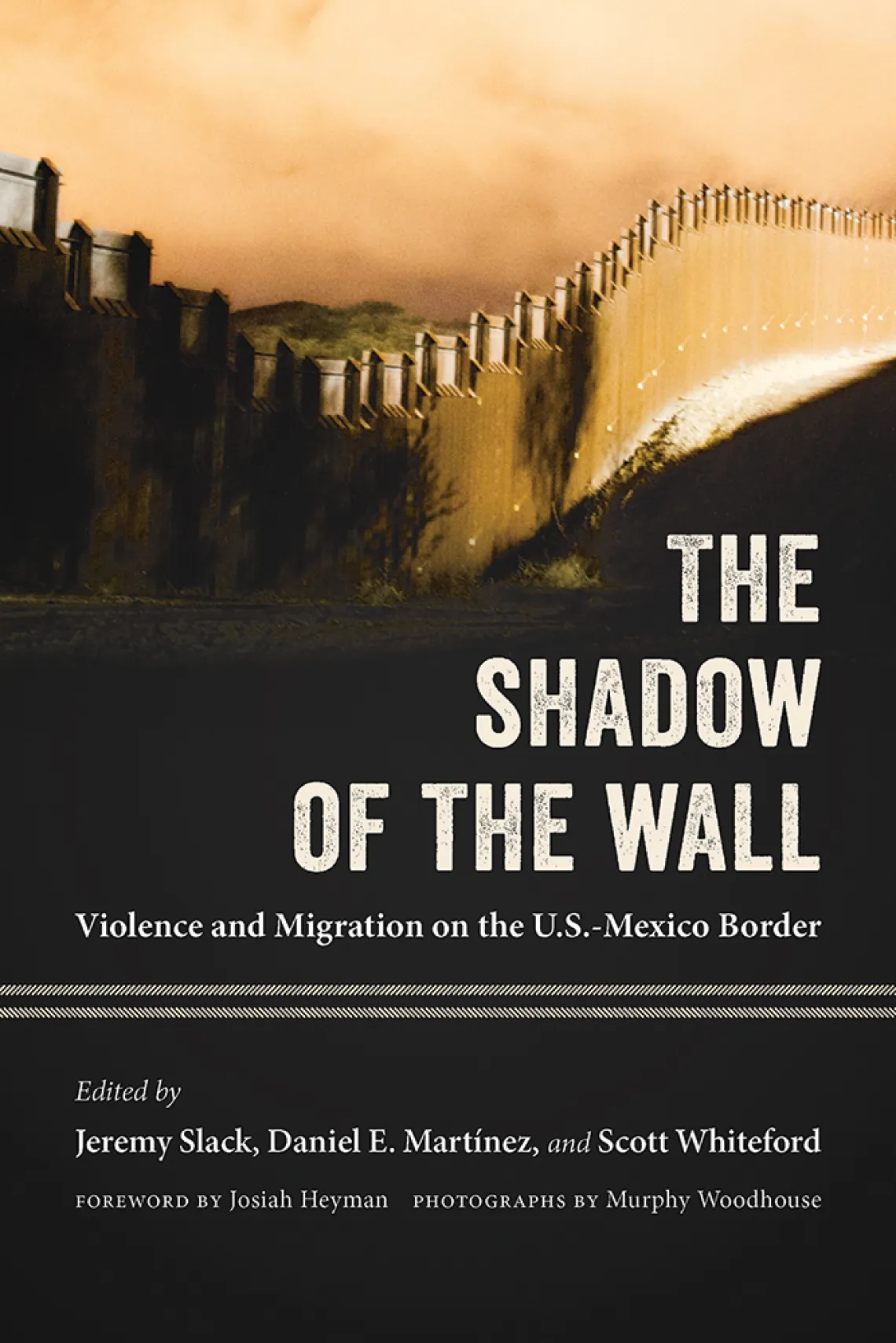
Publisher
University of Arizona Press
Mass deportation is at the forefront of political discourse in the United States. The Shadow of the Wall shows in tangible ways the migration experiences of hundreds of people, including their encounters with U.S. Border Patrol, cartels, detention facilities, and the deportation process. Deportees reveal in their heartwrenching stories the power of family separation and reunification and the cost of criminalization, and they call into question assumptions about human rights and federal policies.
The authors analyze data from the Migrant Border Crossing Study (MBCS), a mixed-methods, binational research project that offers socially relevant, rigorous social science about migration, immigration enforcement, and violence on the border. Using information gathered from more than 1,600 post-deportation surveys, this volume examines the different faces of violence and migration along the Arizona-Sonora border and shows that deportees are highly connected to the United States and will stop at nothing to return to their families. The Shadow of the Wall underscores the unintended social consequences of increased border enforcement, immigrant criminalization, and deportation along the U.S.-Mexico border.
Publication ISBN
9780816535590

